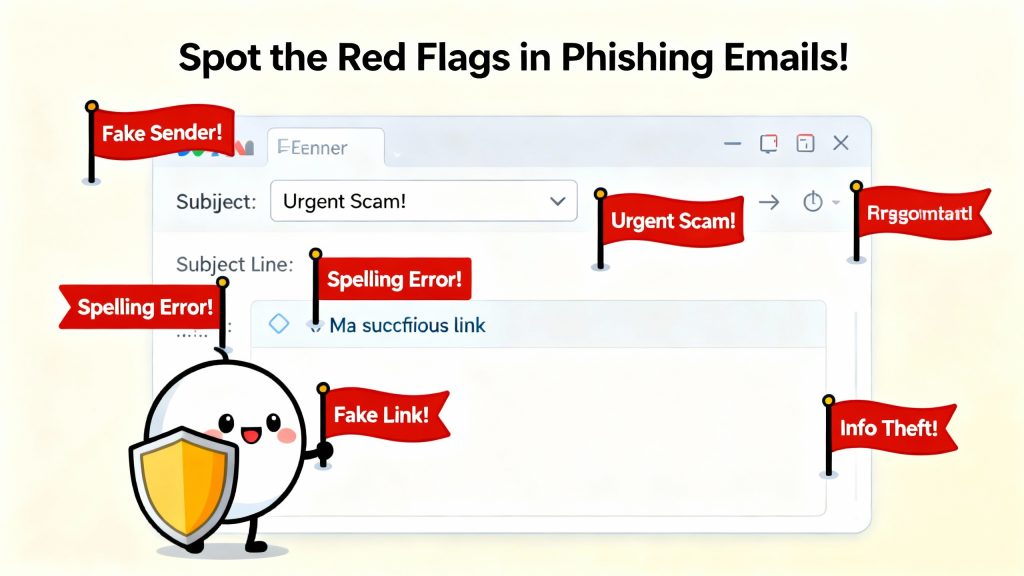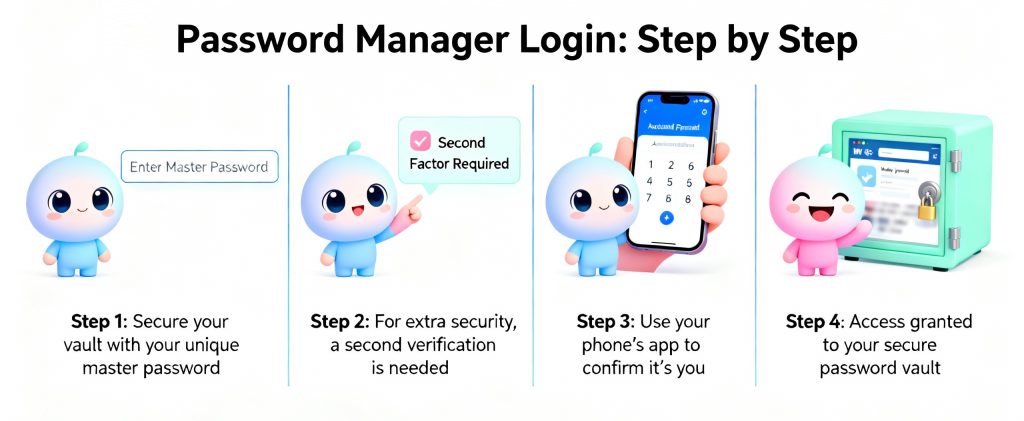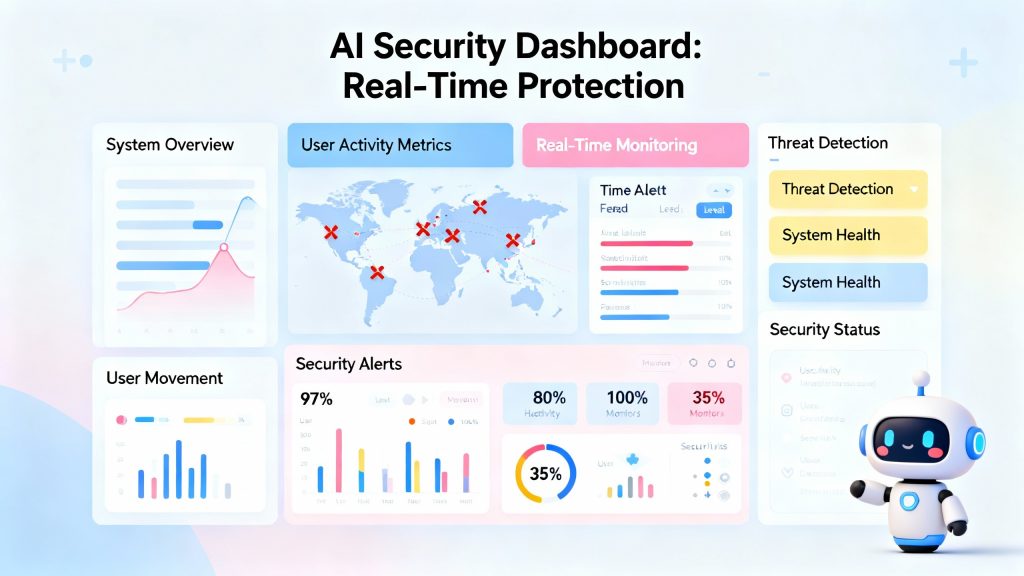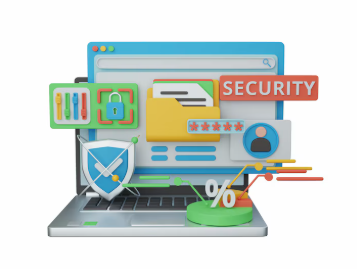Introduction: Why Small Businesses Can’t Ignore Cybersecurity
In today’s digital-first world, small businesses are just as vulnerable as large enterprises when it comes to cyber threats. In fact, according to IBM’s Cost of a Data Breach Report, nearly 43% of cyberattacks target small and medium-sized businesses.
With limited budgets and smaller IT teams, small businesses often believe cybersecurity is expensive or unnecessary. However, the reality is that affordable solutions exist—and implementing them early can save both money and reputation.
Common Cybersecurity Threats Small Businesses Face
Phishing Attacks
Cybercriminals trick employees into sharing sensitive data via emails or fake websites.

Weak Passwords & Credential Theft
Using “123456” or reusing the same password makes accounts easy to hack.
Ransomware
Hackers lock your files and demand money to unlock them—often devastating for smaller firms.
Unsecured Wi-Fi Networks
Public or weakly encrypted networks expose businesses to unauthorized access.
Affordable Cybersecurity Solutions for Small Businesses

1. Invest in Strong Password Management
- Use tools like LastPass or Bitwarden for storing and generating secure passwords.
- Enable multi-factor authentication (MFA) wherever possible.
2. Leverage Cloud Security
Cloud providers like Google Workspace and Microsoft 365 offer built-in protections, reducing costs compared to on-premises solutions.
3. Secure Your Network with Firewalls & VPNs
Affordable tools like pfSense or NordLayer provide small businesses with enterprise-level network protection.
4. Train Employees on Cyber Hygiene
- Conduct awareness sessions to prevent phishing attacks.
- Encourage a “Think Before You Click” culture.
5. Regular Backups
Using affordable tools such as Backblaze or Acronis, businesses can recover quickly after cyber incidents.
Future of Cybersecurity for Small Businesses

With AI-driven threats increasing, the future of small business cybersecurity will rely on:
- AI-based detection tools that predict and block attacks.
- Zero Trust security models that verify every user and device.
- Automation in security operations to reduce reliance on large IT teams.
Key Takeaways
- Cybersecurity is not optional for small businesses.
- Affordable solutions exist, including password managers, VPNs, cloud security, and regular backups.
- Employee training and awareness can drastically reduce risks.
- The future will bring AI-driven solutions that small businesses can adopt cost-effectively.
Conclusion
Small businesses no longer need to choose between budget and security. By adopting affordable cybersecurity tools and strategies, organizations can build a strong defense against growing digital threats. Remember: prevention is always cheaper than recovery.








